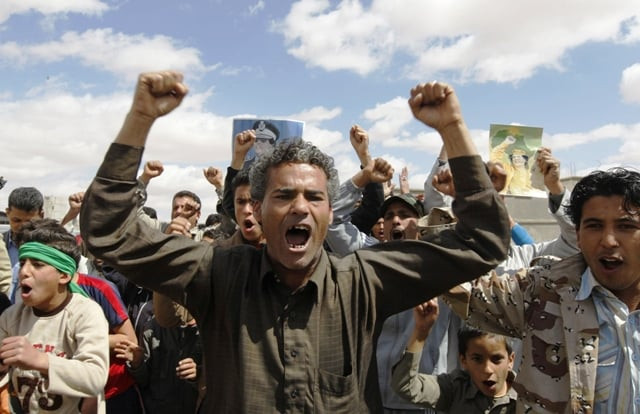The Egyptian army had to face a choice when people took to the streets against a three-decade-long autocratic rule: make a change or gun down your own people.
Both options worked against the repressive regime; shooting its own people would have further diminished their legitimacy, while allowing a democratic transition would effectively end their power circle.
Eventually, history was made. The liberated Egyptians walked tall; the corrupt leader succumbed to the power of the masses. The dream of democracy now seems not too far. However, history, as glorious as it seems to be for the Egyptians, reveals that democratic transitions whether in South Korea, Chile, Indonesia or the Philippines, have never been painless.
Now the Egyptian revolution is serving a two-fold purpose. At one tier it’s providing a glorious platform to the masses, as means of nonviolent processions to ignite change in otherwise repressive regimes. At another tier it’s providing the leaders with valuable lessons about how to deal with this new era of pro-democratic uprisings.
Saudi Arabia remains apprehensive. Although the population there is not as conducive to systematic mobilisation, given the oil riches of the country and the popularity of the king, the most conservative Arab country remains wary of the US role.
They are carefully monitoring the protests in the neighbouring areas, and reportedly assisting the Sunni leadership in Bahrain to contain the Shiite anti-government movement, given America’s dubious role of late.
The Egyptian revolution is not only prompting people to understand the power of mass mobilisation, but it is also effectively prompting authoritarian regimes on how to learn from the mistakes of Hosni Mubarak and contain such dissidents.
The revolution might have worked for Egypt, however, in case of Bahrain and Libya, the success of these movements remains as foggy as the prospects of a successful transition to democracy in Egypt.
Ripples of liberation: Will Libya and Bahrain go Egypt's way?
The success of these movements remains as foggy as the prospects of a successful transition to democracy in Egypt.



COMMENTS
Comments are moderated and generally will be posted if they are on-topic and not abusive.
For more information, please see our Comments FAQ